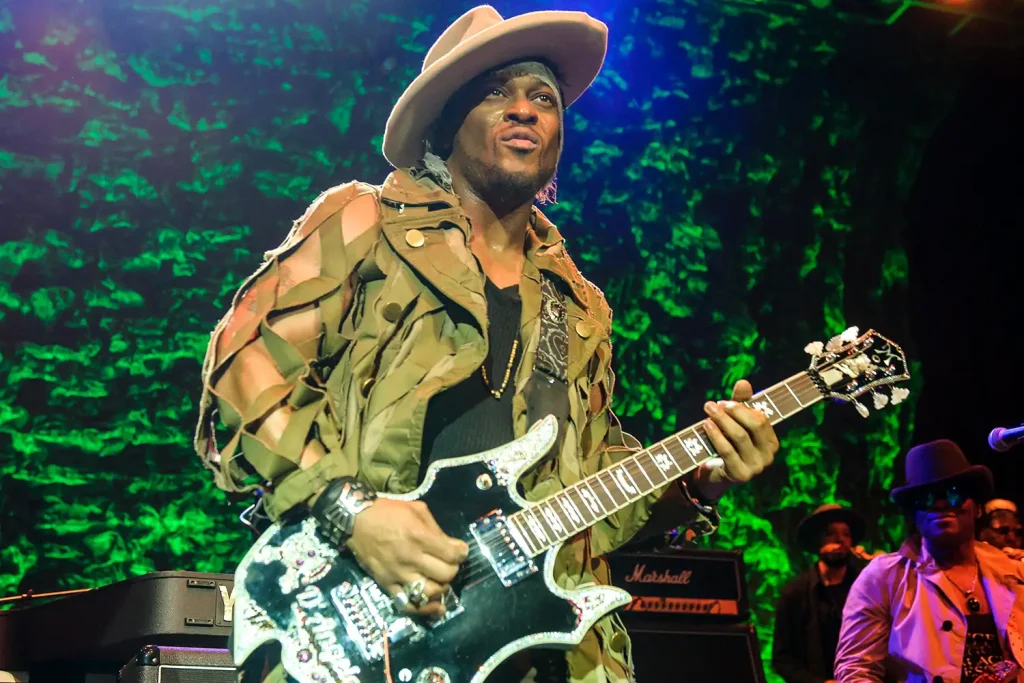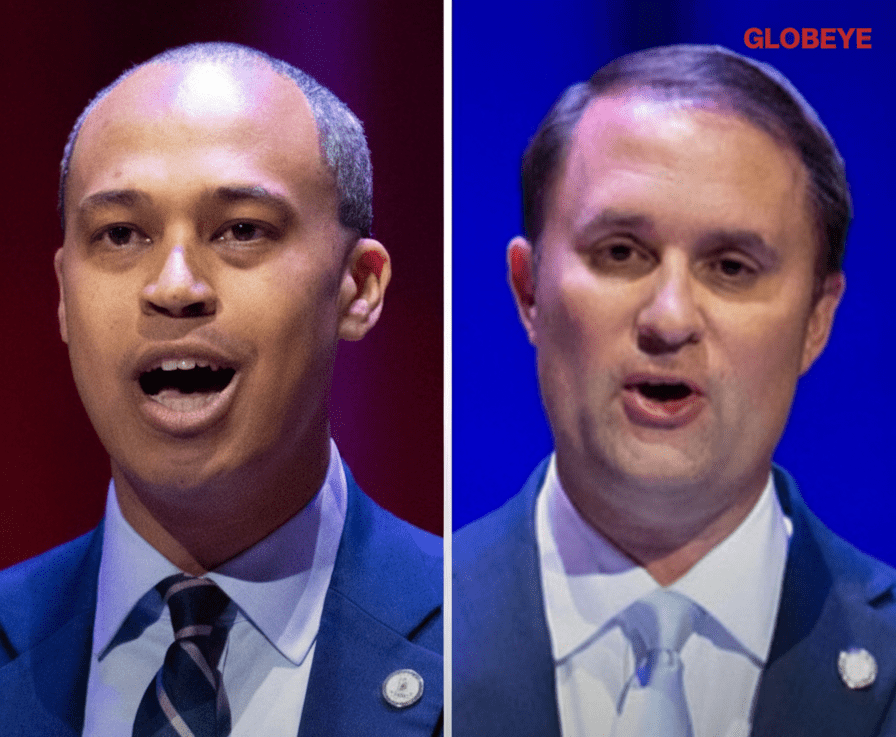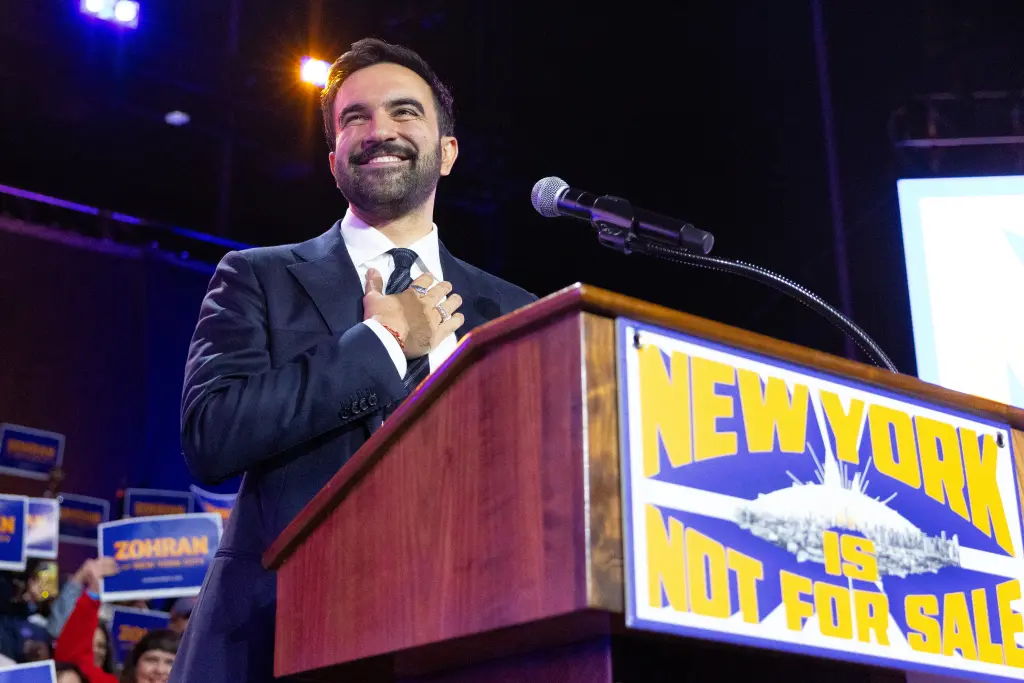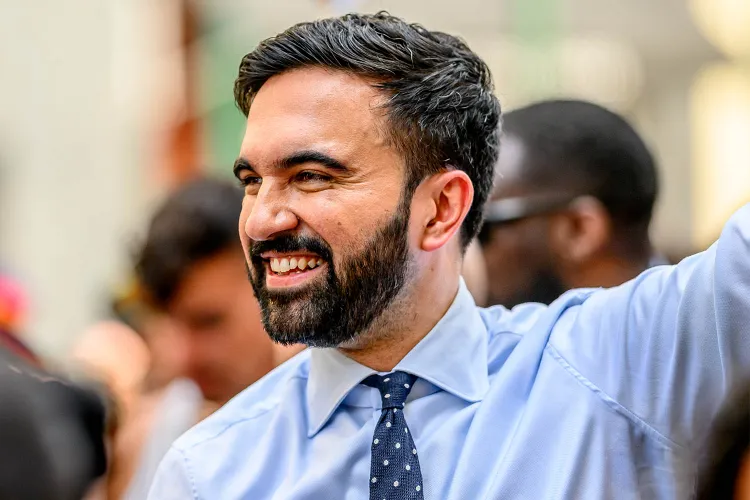D’Angelo “Never Was Comfortable” Being Seen as a Sex Symbol and Struggled with Body Image After Fame — Friends Remember the Real Man Behind the Music
When the world looked at D’Angelo, they saw perfection — the smooth voice, the sculpted physique, the mystique that made him a global symbol of sensuality. But those closest to him say the soul legend, who passed away on October 14 at 51 after a battle with pancreatic cancer, never saw himself that way. Behind the iconic “Voodoo” album cover and the unforgettable “Untitled (How Does It Feel)” video, there was a man quietly struggling with being turned into something he never wanted to be.
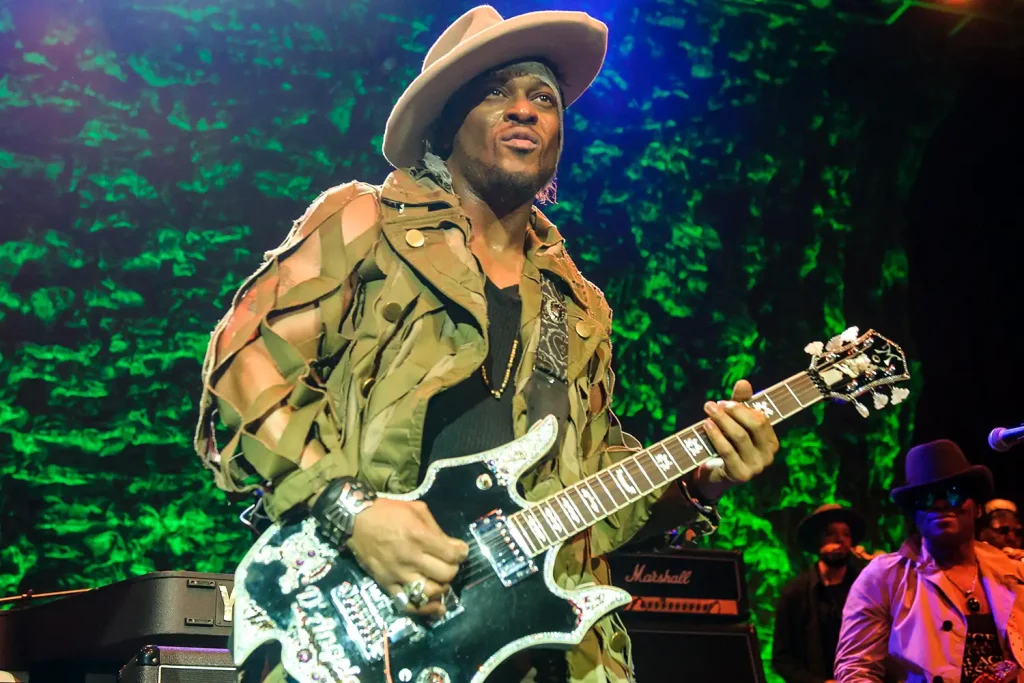
A source close to D’Angelo told People that the singer “never was comfortable” being considered a sex symbol. It wasn’t false modesty or humility — it was discomfort. “The chiseled machismo man that people fell in love with, that wasn’t his natural aesthetic. He was naturally a bigger guy,” the source said. D’Angelo’s identity had always been rooted in music, faith, and authenticity. The body that made him famous was a product of discipline and performance, but it became a burden when the world wanted him to stay frozen in that moment forever.
For years, fans and the media treated his physical transformation as a story in itself — as if the artist’s worth lived in his reflection rather than his records. That pressure, friends say, was one of the reasons D’Angelo withdrew from public life after Voodoo. The video that once electrified audiences also trapped him in an image he didn’t recognize anymore. He wanted to make art, not be the art. “He felt like people stopped listening and just started looking,” the source explained.
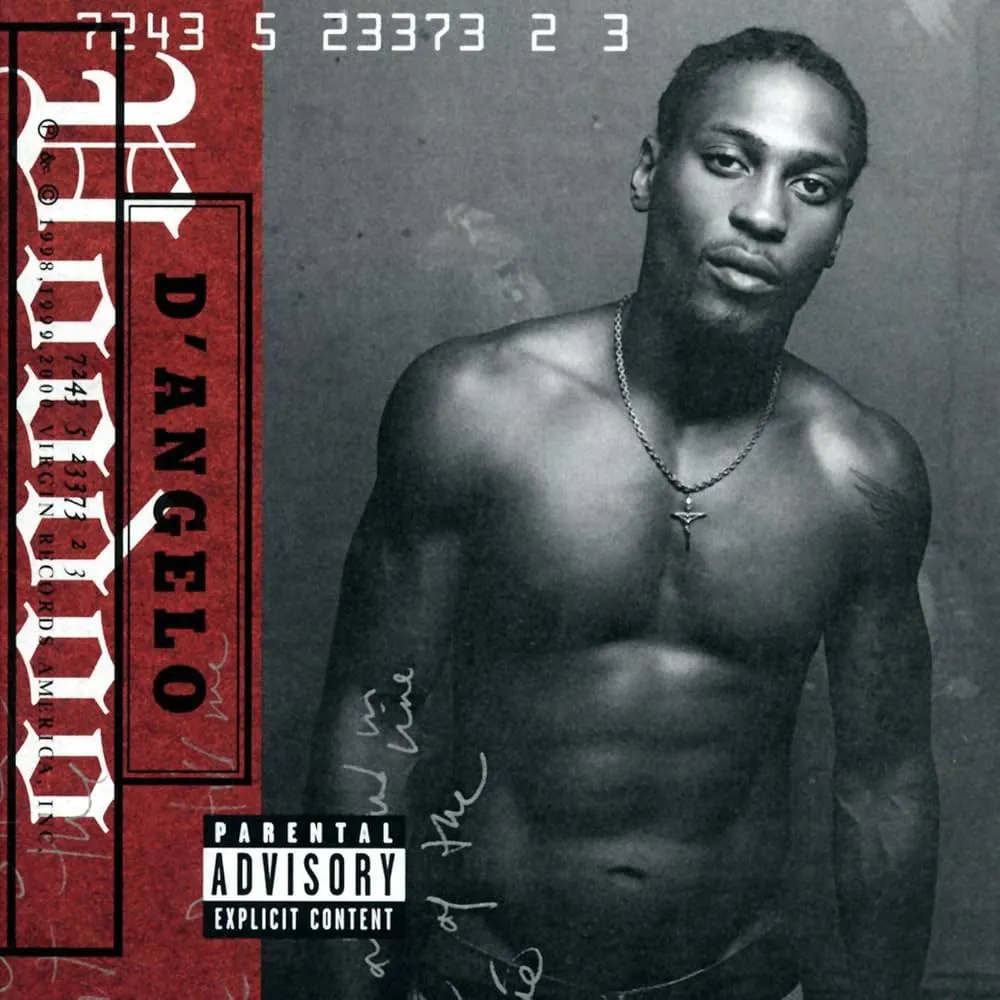
In interviews over the years, D’Angelo hinted at this tension — the fight between his passion for music and the image that overshadowed it. When Voodoo exploded in 2000, he was barely 25, an artist celebrated not just for his sound but for his body. It was a dangerous mix of admiration and objectification that came at a cost. After a string of awards, he vanished from the spotlight, leaving fans to wonder why one of the most gifted voices of his generation would step away. Those close to him say it was a decision born from exhaustion — not just physical, but emotional.
His return in 2014 with Black Messiah was triumphant, but it carried a different energy. Gone was the sleek, bare-chested icon; in his place stood a man who had made peace with himself. The new D’Angelo was heavier, older, wiser, and unapologetically grounded in purpose. He sang with the same power, but now his lyrics held even deeper truth. He didn’t chase the camera anymore. He didn’t need to. His music was enough.
Those who knew him best say that in his later years, D’Angelo lived quietly — surrounded by family, instruments, and a small circle of trusted friends. He focused on creation, not appearance. “He wanted people to remember his art, not his abs,” one longtime collaborator said. “That image from ‘Untitled’ — it haunted him. But the man he became afterward, that’s who he really was.”
In the end, D’Angelo’s story is about more than fame or looks — it’s about humanity. The man whose voice redefined modern soul never stopped being vulnerable, even when the world mistook his silence for mystery. His struggle with image was a reminder that beauty in art doesn’t always feel beautiful to the artist. Behind every perfect picture is someone trying to find themselves again.
D’Angelo may have been reluctant to embrace his status as a sex symbol, but he never stopped embracing his gift. His voice, his honesty, and his courage to walk away when the image outweighed the music will always be part of his legacy. In the end, he was not the myth the world created — he was something rarer: a man who just wanted to be himself.
